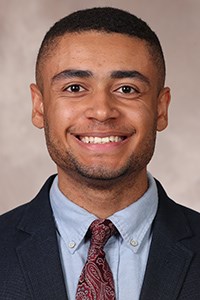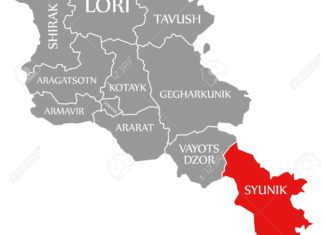Whenever a police car passes by, I know that more likely than not there are good officers inside, that they mean well for me and my community, and that I’ll be safe. However, even if small, the chance that they’ll abuse their power is inordinately more dangerous. As a result, I have to contend with each encounter as if my life is in danger.
I have to justify everything I do and everywhere I go.
I have to hope that my tail light isn’t broken if I’m driving (Walter Scott).
I have to think about whether I look “suspicious” and take my hood off if I’m wearing one (Trayvon Martin).
I have to think about whether my cell phone looks like a gun (Stephon Clark).








